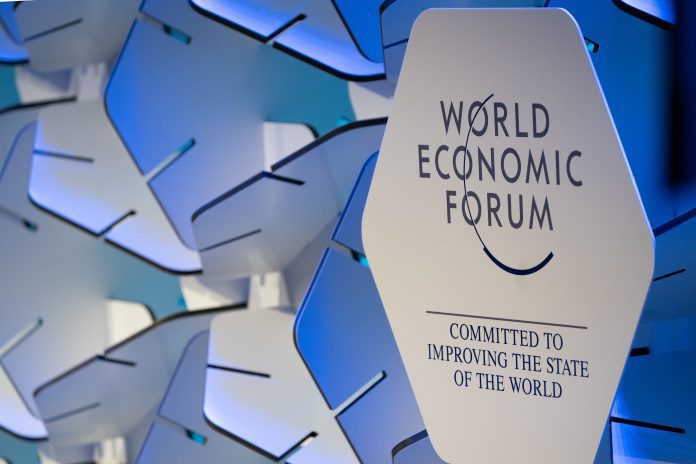Membership of the World Economic Forum’s fledgling Centre for the Fourth Industrial Revolution Network (Centre Network) has swelled to over 100, with five nations and a number of international organisations joining the fray.
They will help design policies for technologies including artificial intelligence (AI) and blockchain. Private enterprises involved in the scheme, numbering 80 in total, include the likes of Amazon Web Services, Deloitte, Netflix, and Visa.
The Centre Network, launched in October, aims to unite national and local governments with public and private sector agencies, institutions and enterprises in order to bring order and haste to the digital transformation of society.
Members will help to design and pilot emerging technologies and create policy and rules for their international deployment. It wants “human-centred pilot projects”, it said, which can be adopted by policy-makers, legislators and regulators worldwide.
Among its immediate tasks, the Centre Network is to publish a playbook for the safe and sustainable adoption of autonomous vehicles, a governance framework to balance anonymity and transparency on blockchains, a data-sharing platform to enable precision agriculture while protecting privacy, and new guidelines for government use of AI.
Murat Sönmez, managing director of the Centre Network, commented: “The Fourth Industrial Revolution is moving faster than anyone expected. Businesses and governments are falling behind in responding to this pace, continuously operating in the ‘too late zone’.
“As the platform for global technology policy, the Centre Network aims to accelerate the creation and implementation of forward-looking governance protocols. The addition of affiliate centres is critical in capturing this opportunity so that the Fourth Industrial Revolution benefits not just the few but society as a whole.”
Five G7 nations have joined: Canada, France, Japan, the US, and the UK. National governments from Azerbaijan, Bahrain, Brazil, China, Denmark, India, Kazakhstan, New Zealand, Rwanda, Saudi Arabia, Singapore, Turkey, United Arab Emirates and Vietnam have already agreed partnerships with the Centre Network.
Three international organisations have joined: UNICEF, The Office of the United Nations High Commissioner for Human Rights (OHCHR) and the World Food Programme.
These members will send staff to join project teams at the Centre Network’s headquarters in San Francisco for 12 to 18 months. They have committed to piloting the policy frameworks and governance protocols developed by the project teams.
Expansion of the Centre Network started last year, with new offices in China, India and Japan. Colombia, Israel and the United Arab Emirates (UAE) have also announced they will open ‘affiliate centres’ in Medellín, Tel Aviv and Dubai, respectively.
The Centre Network has announced a new smart cities initiative, as well. “This work will be based in Japan, where more than 90 per cent of the population currently lives in cities,” the World Economic Forum said in a statement.
“Leveraging Japan’s role as chair of the G20 Summit this year, a coalition of G20 cities will be formed to help ensure that global smart city efforts are built upon a common set of human-centred principles and shared policy frameworks.”

